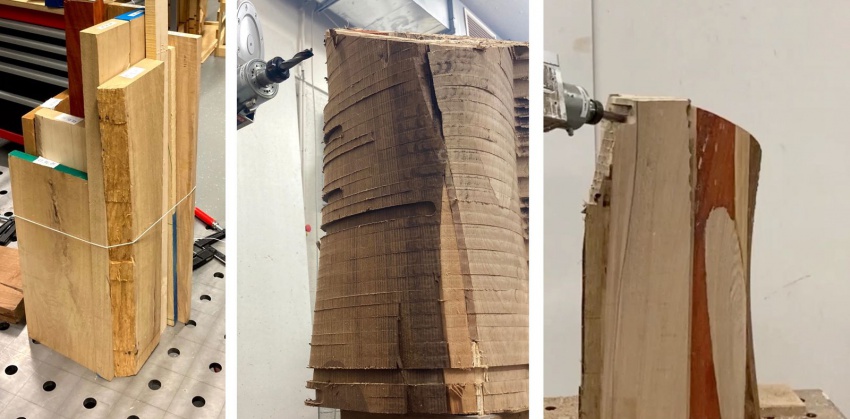Difference between revisions of "Discretized Design"
From cpa
(→PhD students) |
(→Discretized & Circular Architecture) |
||
| (4 intermediate revisions by 2 users not shown) | |||
| Line 10: | Line 10: | ||
*'''[http://www.roboticbuilding.eu/project/wood-reuse/ Circular Wood for the Neighborhood]''' | *'''[http://www.roboticbuilding.eu/project/wood-reuse/ Circular Wood for the Neighborhood]''' | ||
| + | *'''[http://www.roboticbuilding.eu/project/cyber-physical-urban-furniture/ Cyber-physical Furniture]''' | ||
| + | *'''[http://www.roboticbuilding.eu/project/human-robot-interaction-for-d2ra/ Computer Vision and Human-Robot Interaction for D2RA]''' | ||
<br> | <br> | ||
| Line 22: | Line 24: | ||
=='''HPM students'''== | =='''HPM students'''== | ||
| − | + | *'''[[project09:S6Main|Ziyue Yu]]''' | |
<br> | <br> | ||
Latest revision as of 07:49, 16 April 2024
Discretized & Circular Design

While discretized design focuses on breaking down larger systems into components, circular design is concerned with the sustainable and responsible use of materials and resources throughout the entire lifecycle of a product. The two approaches often complement each other in creating more efficient, adaptable, and sustainable designs.
Projects
- Circular Wood for the Neighborhood
- Cyber-physical Furniture
- Computer Vision and Human-Robot Interaction for D2RA
PhD students
HPM students